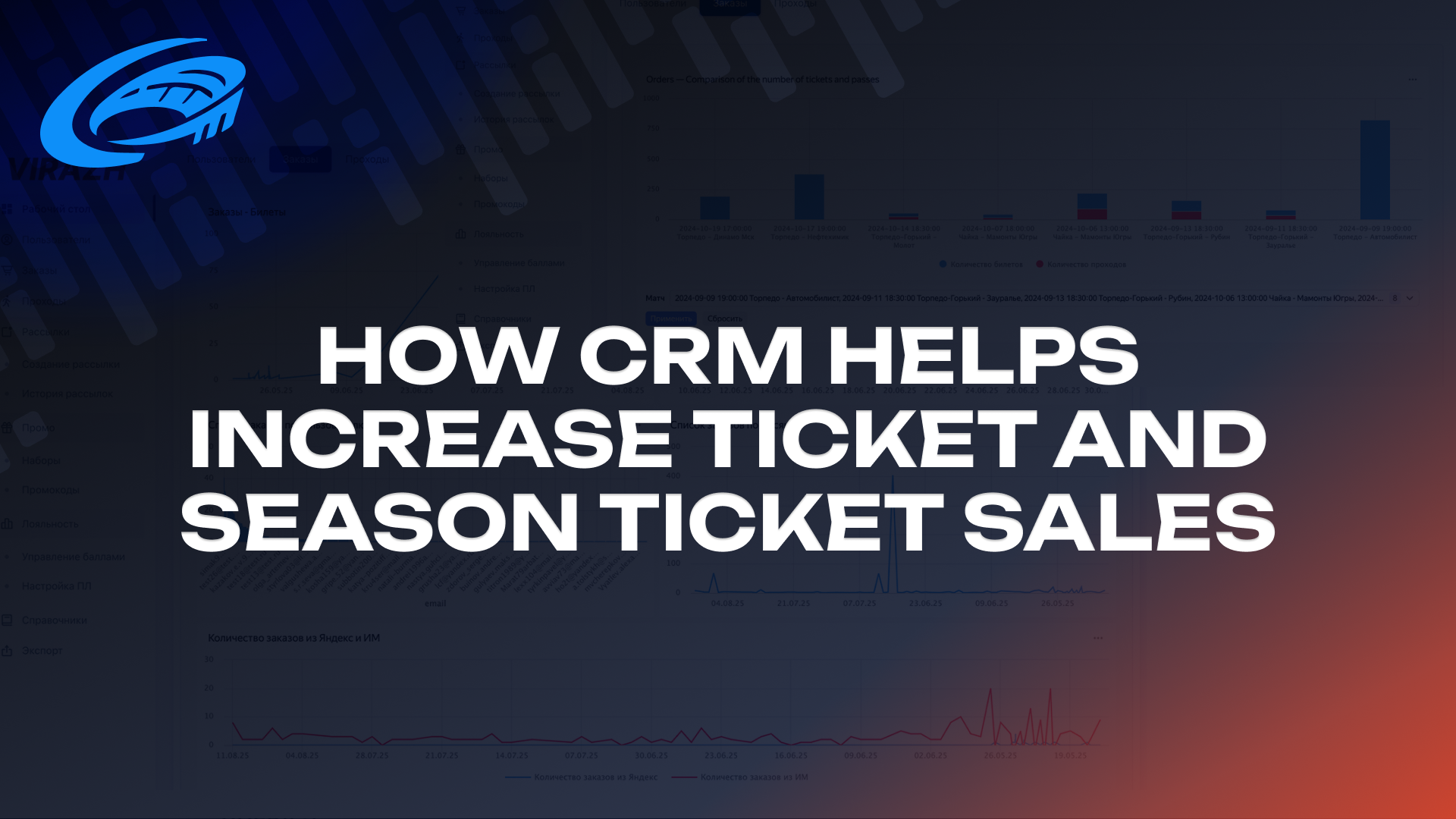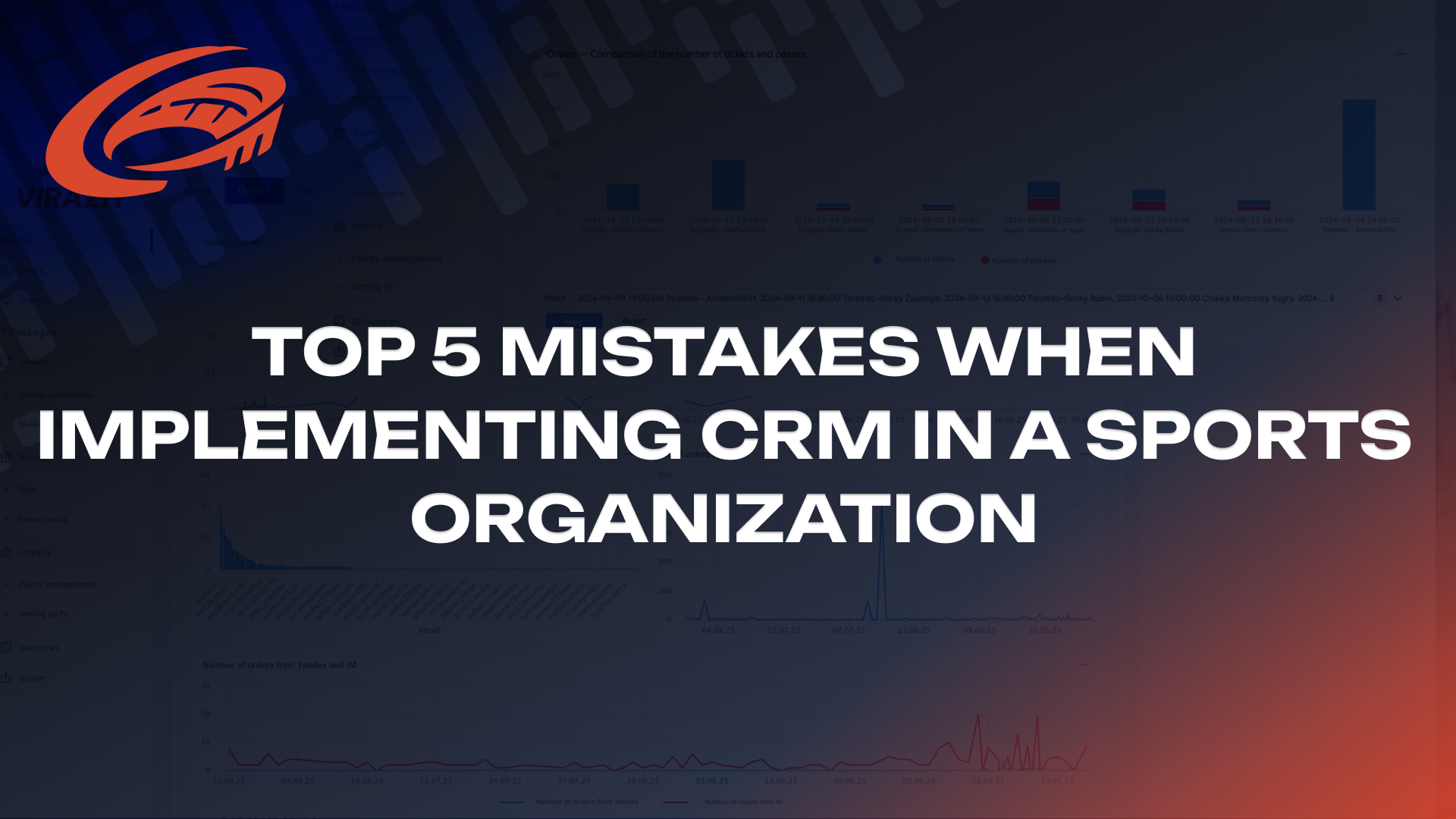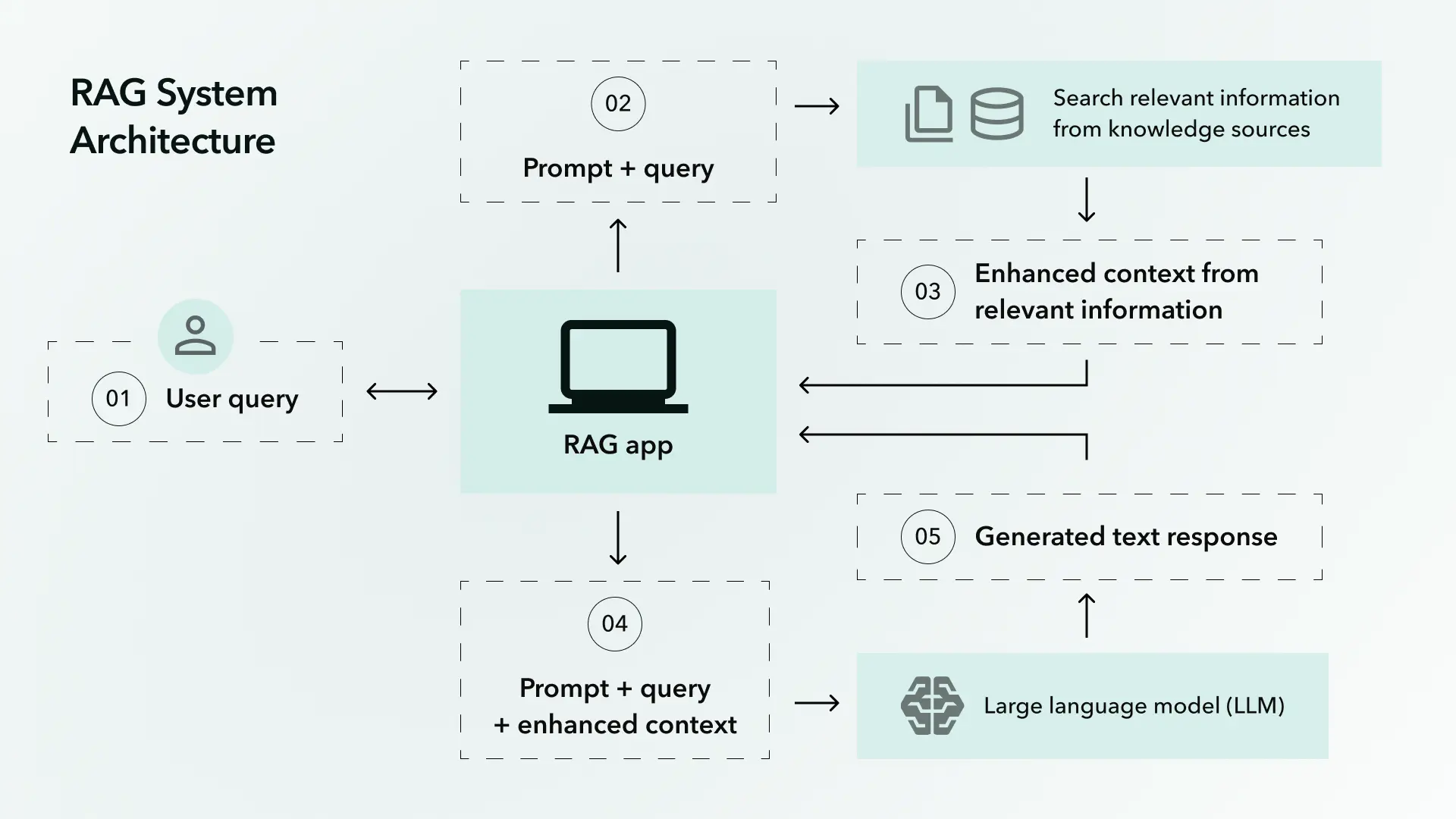The field service management (FSM) and field operations (FieldOps) sectors are undergoing significant transformations, driven by technological advancements, evolving workforce dynamics, and the increasing complexity of infrastructure. This article delves into the current state of the FSM market, the challenges faced by the industry, and how platforms like PersoniWay Hub are addressing these issues.

The Expanding FSM Market
The FSM market is experiencing robust growth. According to MarketsandMarkets, the global FSM market is projected to grow from USD 4.0 billion in 2023 to USD 7.3 billion by 2028, at a CAGR of 12.8%. This growth is fueled by the increasing demand for efficient field operations across industries like HVAC, utilities, and construction.
Infrastructure Growth and Its Implications
In the United States alone, there are approximately 5.9 million commercial buildings encompassing 97 billion square feet of floor space (source: EIA.gov). As commercial infrastructure continues to grow, so does the demand for streamlined maintenance, HVAC services, and efficient facility operations.
Workforce Dynamics in Field Services
The field services workforce is also shifting. The U.S. Bureau of Labor Statistics projects about 42,500 job openings annually for HVAC mechanics and installers. Add to that electricians, plumbers, and facility techs — and you have a workforce pipeline under pressure.
At the same time, young professionals entering the trades bring new values: digital fluency, work-life balance, and a preference for tools that reduce friction in the field. Companies that fail to provide modern tools will struggle to retain and grow talent.

Business Processes in FieldOps
FieldOps businesses run a web of critical processes — from scheduling and dispatch to ticketing, inventory, reporting, and compliance. Many rely on legacy systems or disconnected spreadsheets. This fragmentation creates delays, miscommunication, and increased operational costs.
Mapping the Customer Journey
Every service business has a CJM — whether implicit or intentional. From the moment a request is submitted to job resolution, customers expect speed, transparency, and professionalism. Failures in communication, knowledge gaps in the field, and missing documentation all reduce NPS and profitability.
PersoniWay: Built for Modern FieldOps
PersoniWay is an AI-first platform designed specifically for field service environments. Using a "drawings-first" approach, it tackles key problems head-on:
- AI-Powered Ticketing: Automates issue classification and routes tasks instantly.
- Drawing Recognition: Parses and indexes HVAC schematics for immediate access in the field.
- Secure Documentation: Keeps all diagrams, specs, and revisions versioned and searchable.
- Voice Tools: Supports audio-based queries and real-time team calls — recorded and summarized automatically.
- Insights & Reporting: Tracks resolution time, education gaps, technician engagement, and more.
These tools don’t replace field workers — they empower them. One engineer can now support 10–15 technicians remotely, guiding cases using structured knowledge and real-time interaction.
Overcoming Implementation Barriers
While the benefits of AI are clear, field service companies often ask:
“Will this work with our existing workflows?”
“What if we don’t have clean documentation?”
“Will our techs adopt it or ignore it?”
PersoniWay is built with these questions in mind:
- It integrates smoothly with common CRMs and scheduling systems.
- It builds knowledge even from fragmented data — learning from past tickets and audio summaries.
- And it’s designed for technicians — with mobile-first UX and voice interaction that requires zero typing.
Rather than replacing your systems, it enhances them — using what you already have.
Why Schematics Matter
Schematics aren’t just documentation — they’re the map to a system’s soul. Misunderstood connections, missing pages, or outdated drawings can lead to hours of delay or misdiagnosis.
PersoniWay’s AI reads, indexes, and serves schematics in real-time based on what the technician is asking — “Which controller handles this VAV?” or “Where’s the RS-485 termination?” No more flipping PDFs or waiting for a callback from engineering. Take, for example, a regional HVAC contractor managing 80 buildings with just 4 engineers and 30 junior technicians. Prior to automation, routine troubleshooting could take hours — often involving phone chains, misplaced schematics, and guesswork.
After deploying PersoniWay, engineers began resolving 60% of incoming tickets through remote triage. One technician noted: “I stopped calling in for diagrams — I just speak into the app and get what I need.” That shift alone saved over 40 engineering hours per month.
Understanding the Manufacturer Landscape
The field hardware and controls market is fragmented. Major players like Distech, Honeywell, Johnson Controls, and Siemens produce thousands of part numbers across controllers, sensors, and BMS components.
Each brand uses its own file formats and documentation styles. The hub.personiway.com portal gives open access to structured specifications for over 40,000 devices — from controllers to sensors — across 18 major brands including Distech, Johnson Controls, Siemens, Honeywell, and Schneider. Unlike static PDF libraries, the hub allows techs to search by function, connection type, or issue symptom — making it the first technician-oriented knowledge base designed specifically for HVAC and building automation equipment.
AI in FieldOps: Support, Not Replacement
Artificial Intelligence in FSM isn’t about replacing people — it’s about augmenting their expertise. AI can't climb a ladder, fix a broken valve, or interpret client emotion. But it can eliminate repetitive tasks, reduce errors, and deliver the right knowledge at the right moment.
Looking Ahead
The future of Field Service is hybrid: human skill guided by intelligent systems. Companies that embrace this evolution will reduce costs, delight customers, and attract next-generation talent. Companies that resist will struggle to scale.
The question is no longer if AI belongs in FieldOps — but how well you use it.
We believe that by 2030, AI-enabled field service will become the baseline expectation — not a differentiator. Companies who fail to integrate real-time knowledge tools will see their labor costs rise and their talent pool shrink. Meanwhile, AI-augmented field teams will close tickets faster, train techs on-the-job, and operate leaner without compromising quality.
Ready to explore the tools built for this new era?
Visit hub.personiway.com and see what's possible.
























![Custom Software Development Rates by Country [2024]](/assets/images/expertise/it_service/generative-ai-services-hero-banner.webp)





